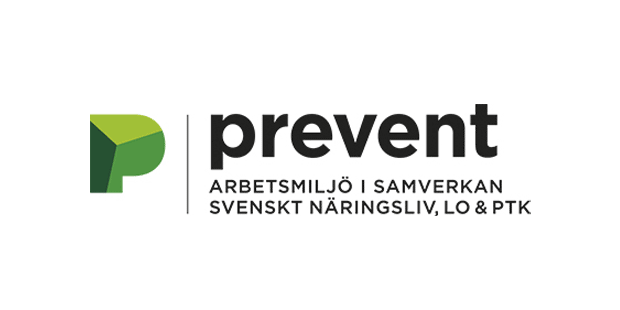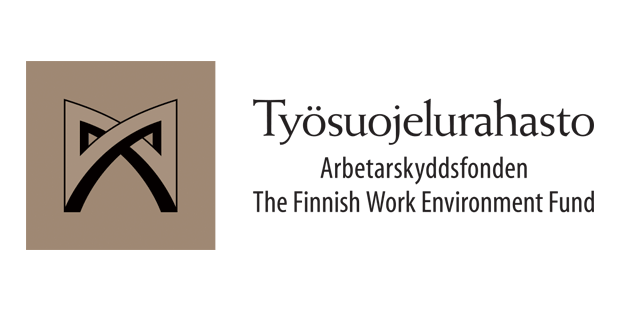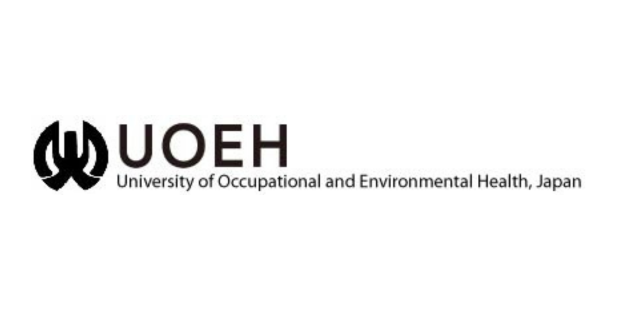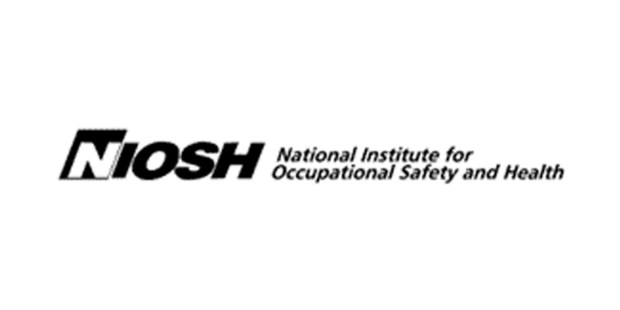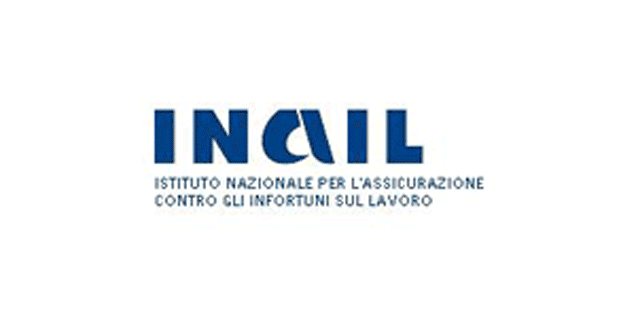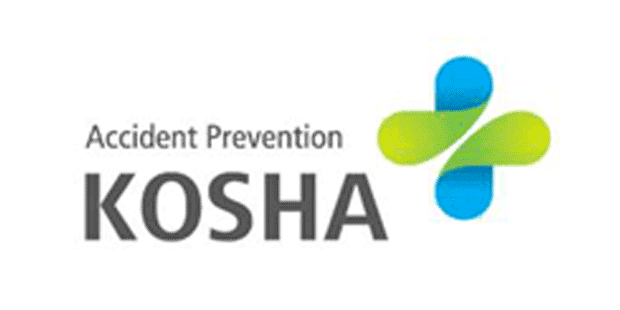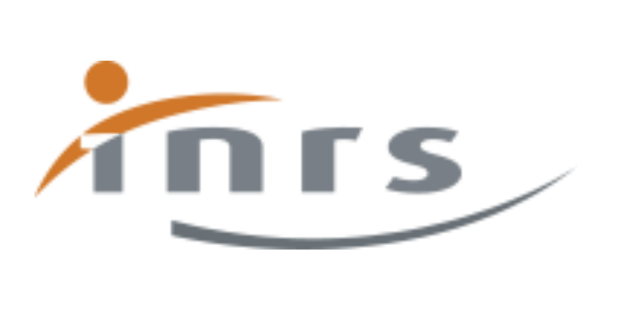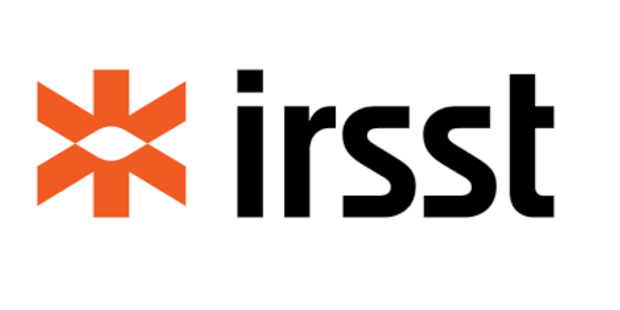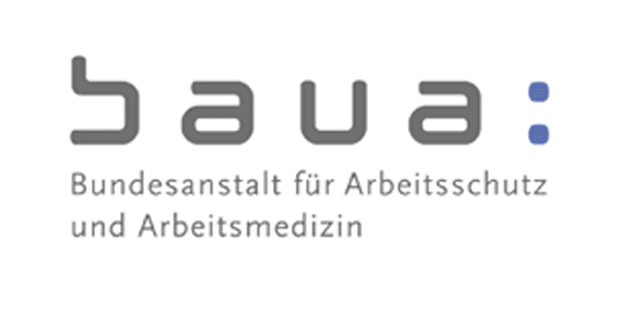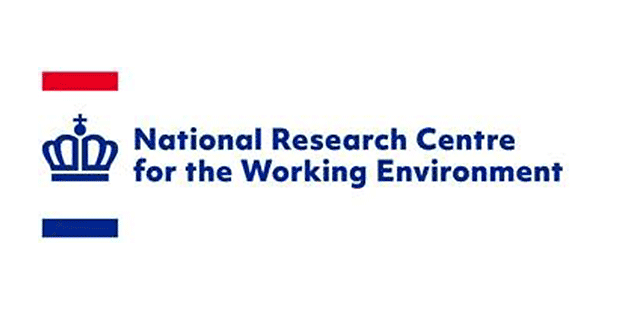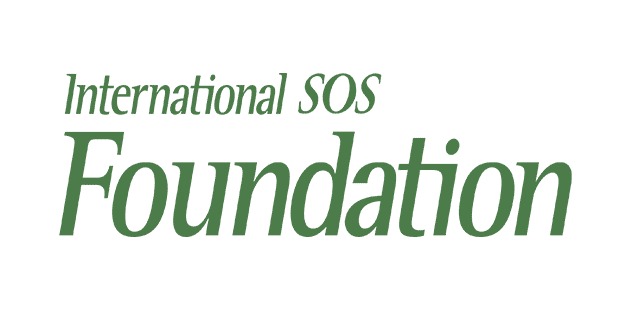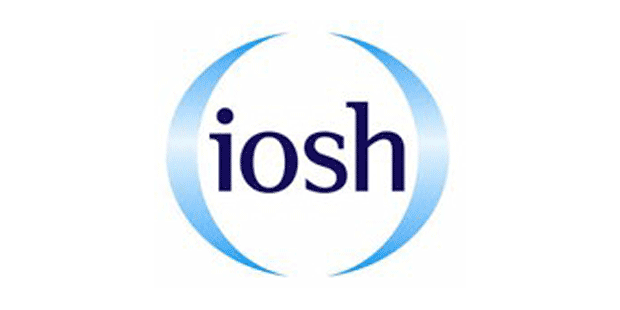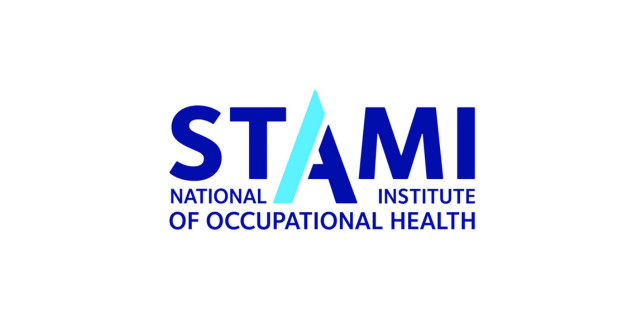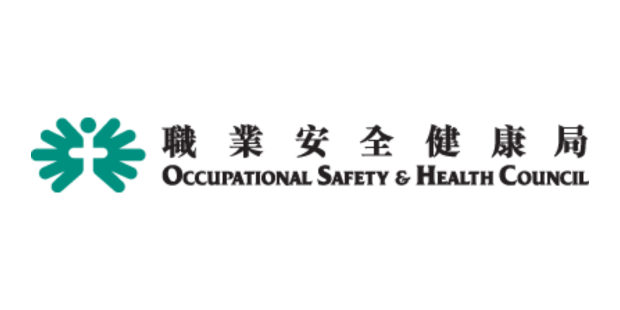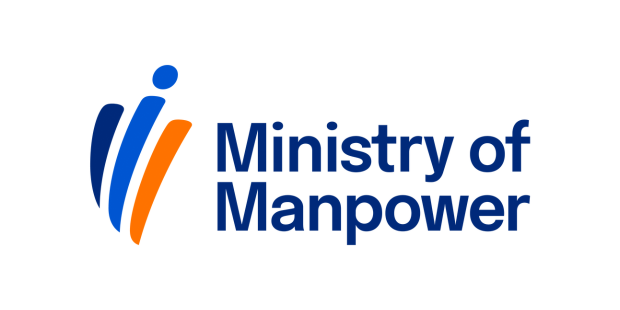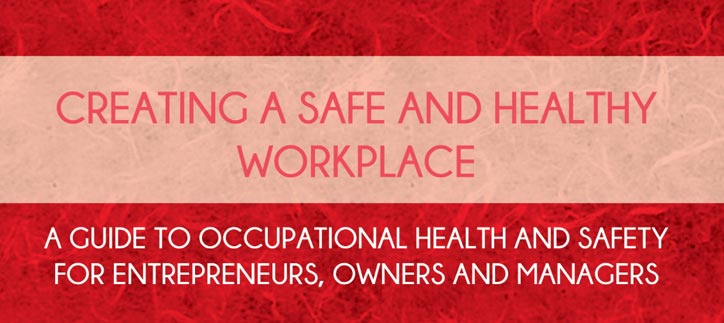Report on the who framework convention on tobacco control (FCTC), 4th intergovernmental negotiating body (INB4) Geneva 18-23 March 2002
Trinh Vu Duc, Dr čs sciences, Ing-chimiste EPFL
Chef des laboratoires/Head of Laboratories
IST-Institut universitaire romand de Santé au Travail
(Institute of Occupational Health Sciences)
19 rue du Bugnon
CH-1005 Lausanne, Switzerland
The Framework convention on tobacco control (WHO/FCTC) and its purpose
On the basis of existing data, the 52nd World Health Assembly recognized that tobacco use worldwide results in millions of deaths. The projection to 2030 estimates 10 million deaths, 70% of which occur in developing countries if the pandemic is not controlled. The WHO as chair of the task force deals with the negotiations on the worldˇäs first legally enforceable treaty on tobacco control. It is the intention of WHO to finalize in a few years time such an international convention.
ICOH participation
From the suggestion of Dr Ruddy Facci and pursuant to the agreement of the President of ICOH, Prof. Bengt Knave, I participated as ICOH representative, to the fourth session of the INB4 held in Geneva from 18th to 23rd of March 2002. ICOH is classified as a nongovernmental organization (NGO) in its official relations with WHO.
ICOH and its unique representative appear in the list of participants distributed in this INB4. I do not know whether ICOH had been invited and had had representation in previous INB meetings. In fact, WHO did not acknowledge the registration. Documents prepared before the session are available (read-only) on the WHO Web site, even for issues such as facilities and transport.
According to the list of participants, there were representatives of 160 WHO member states, of specialized agencies (ILO, FAO UN, WTO, World Bank), and of other intergovernmental organizations (European Union, League of Arab States, African Unity, World customs, etcˇ) in this 4th INB. Of over 186 named NGOs in the list, only 24 appear to be represented. Among them, two strong delegations - International non-governmental Coalition Against Tobacco and International Union against Cancer (UICC), each with 35 named persons. Among the three NGOs with 5 representatives each, one is from the International Union against Tuberculosis and Lung Disease and two others represented consumers associations (International Organizations of Consumers Unions and Infact). Other organisations had one or two representatives.
It is regrettable that all NGOs were not clearly identified during the meetings, And this did not facilitate direct contact between representatives of NGOs.
NGOs had full access to the discussions during the session but were not invited to take the floor. A general note set out the conditions for participation and types of statements to be submitted to the Chairman in advance.
Works programme during this FCTC
At the end of the last INB3 session, no consensus was reached for the election of a new Chair. After consultation, two candidates for the office of Chair were received ¨C one each from Brazil and from South Africa (later withdrawn). The assembly of INB4 elected as Chair Ambassador Luiz Felipe de Seixas Corr¨şa who is the permanent representative from Brazil to the Office of the UN and other international organizations in Geneva.
Working Groups
There are three working groups dealing with various aspects of tobacco control:.
WG1: Measures to reduce the demand (e.g. regulation of the content of tobacco products, packaging, labelling, education training and public awareness etcˇ)
WG2: Measures related to the reduction of supply of tobacco (prices and tax measures to reduce the demand for tobacco, illicit trade, licensing, government support for tobacco manufacturing and agriculture, surveillance etc.)
WG3: Scientific, technical and legal cooperation (advertising, promotion and sponsorship, compensation and liability, settlement of disputes, financial resources etcˇ)
Some papers were distributed between the three working groups.
There had been three previous INBs. In order to speed up the work, before this INB4, regional meetings have been held among countries within a geographic area. During this 4th FCTC, in the formal sessions of each working group, all opinions or interventions of member states or of regional delegates were taken without discussion. In the documents distributed, words or phrases that remain controversial are kept in square brackets. Therefore throughout the whole meeting, NGOs were there to listen to various proposals for the formulation of text. In the informal meetings, it is understood that consensus should be drawn out on parts of the WG draft where divergences were observed. Like all international negotiations, decisions of regional groups or consensus come from extra-session negotiations (not open to NGOs). The method of working in this 4th TCTC appears not to be very efficient, and some chairmen advocated a more efficient procedure.
ConclusionsFor an external observer and newcomer, besides my observations on the development of international negotiations, my presence at sessions during the whole week was not worthwhile considering the nature of debate. There were frequent evening and night sessions. It was interesting to observe the actions of the big lobby groups and their strategies. They held on-the-spot meetings to answer to position issues from pro-tobacco delegates expressed during the session and circulated documents to inform the other delegates on the nature of the oissues raised.
During the meeting, various documents on tobacco, policy and strategies of companies were brought to delegates to keep them informed, by pressure groups or anti-tobacco organizations. The documents also illustrate the action of these NGOs.
At the meeting, I tried to explain what ICOH is and what it stands for. I provided photocopies of our ICOH position paper on "smoke-free workplace" to bring it to the public and to show the existence of ICOH. To spend the time positively, I tried to learn more about the actions of the other NGOs and to get some of their experience in the promotion of tobacco control at the workplace from the perspective of occupational health professionals.
Finally, it appears that the intention of WHO is to adopt a final text for the control of tobacco. How this can be achieved will depend on the willingness of governments to respect the convention. The next INB5 is intended to be held in Geneva from 14 to 27 October 2002. This is yet to be confirmed.
Documents available can now be found on the Web www.who.int (FCTC)
15/4/02/TVD


